The event witnessed community-led sharing of best practices and peer learning based on traditional farming methods and management of soil, pests, and seeds and also covered various topics such as Forest Management Plan, Payment for Ecosystem Services, Water Resource Management, Living Root Bridges etc. During these sessions, custodian farmers and subject experts shared their experiences and testimonials which enhanced further learning and knowledge- sharing. The event also launched two relevant documents, namely the Community Seed Bank Catalogue and a booklet on Natural Pest Management.
The workshop aimed to create and strengthen partnerships between different stakeholders, celebrate the achievements of grassroots innovators and recognize the contribution of traditional knowledge holders. The workshop also included an exhibition which showcased a variety of local seeds, biopesticides, biodiversity-based Midday meals initiatives and NRM practices implemented across communities. This was done to provide a platform for different stakeholders to come together and share and disseminate rich and unique traditional knowledge and information and the diversity of Indigenous Peoples’ Food Systems in the state. Speaking on the occasion, Mr. DB Gunanka congratulated the efforts of NESFAS, its partner communities and CLLMP for the successful implementation of the ALC project, and also drew similarities between Meghalaya and his home state of Karnataka, as both being staple consumers of millet which gradually shifted to rice. Addressing the audience, he said, “We need to maintain and strengthen our rapport with the community so that the project does not end here. We need to keep the movement alive”.
Resonating on the same note, Mr. Pius Ranee, Executive Director, NESFAS, highlighted that ALC has also become a creative and collective space where community members and experts meet to share and learn from each other on how to enhance local agroecology practices, food sovereignty and social transformation through local food initiatives. The project “Empowering indigenous communities through Agroecology Learning Circles (ALCs) for resilient, integrated and innovative natural resource management”, funded by the World Bank and supported by Meghalaya Basin Management Agency (MBMA) under the innovation fund has enabled NESFAS and its partners to establish and
consolidate 100 ALCs across Meghalaya.
The workshop concluded with a closing ceremony whereby Dr. Dhrupad Choudhury, Adviser, NESFAS, congratulated NESFAS and MBMA for organizing the workshop and reflected on the need for continuity, and the need to set up for knowledge network to share issues to co-learn and co-create solutions. He highlighted that MBMA is well-placed to support the setting up of knowledge networks with different peers and urged them to work on the same.
Mrs. Otilia Mukhim, a custodian farmer from Jatah Lakadong, shared her thoughts on behalf of her fellow farmers and thanked MBMA for giving opportunities to them to have a common ground for knowledge-sharing. “We have received a lot of information from the two-day workshop. There is a need for the conservation of forests and water resources and we must strengthen our food systems for a sustainable future. We wish to carry this knowledge further as ALC members through SHGs and awareness programmes, especially for the youth since we need to showcase our traditional food systems to the world”, she was quoted as saying.
The closing ceremony concluded with a musical rendition performed by ALC members of Khliehumstem and an entertaining couplet performed by Mr. Nestar Kharmawphlang, Chairperson of NESFAS. Thus, the fruitful workshop came to an end on a promising note for a better, food-secure, self-sufficient tomorrow with
custodian farmers taking the lead with their enriched knowledge and renewed dedication.

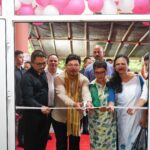
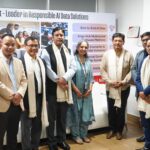
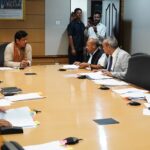
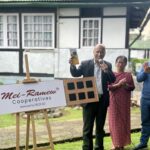

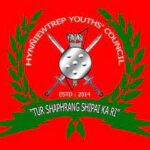


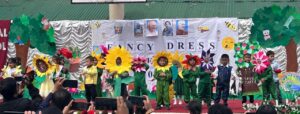
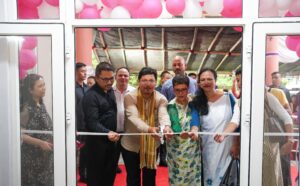
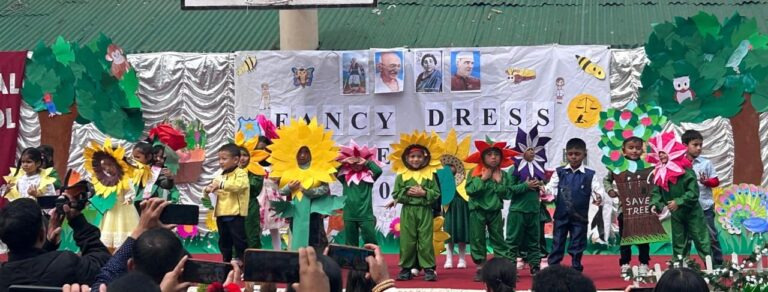
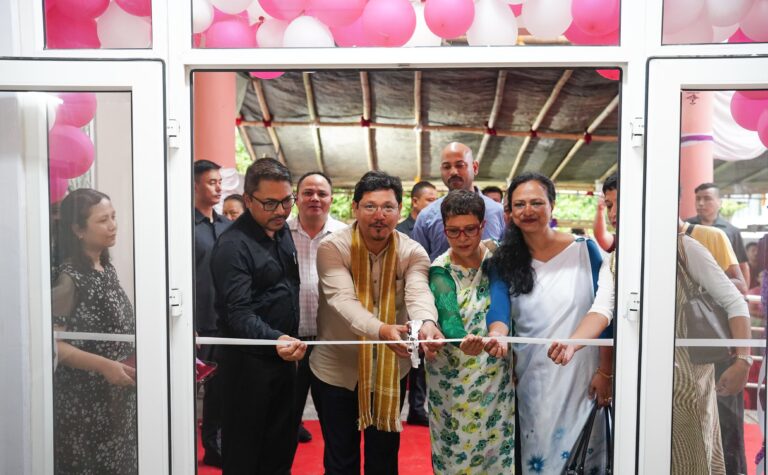
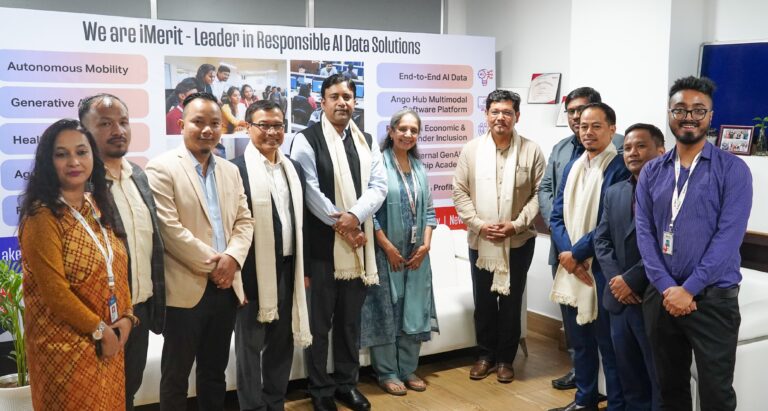
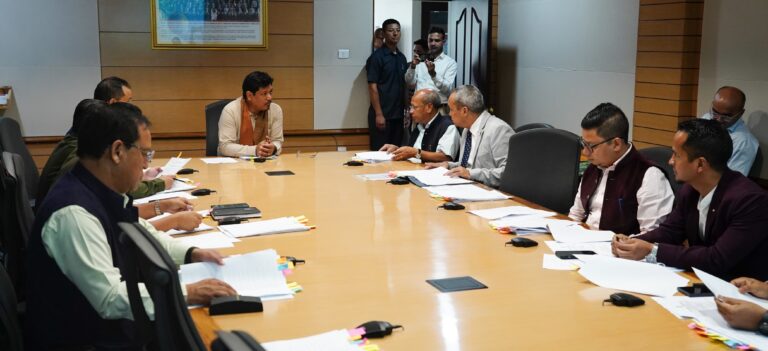
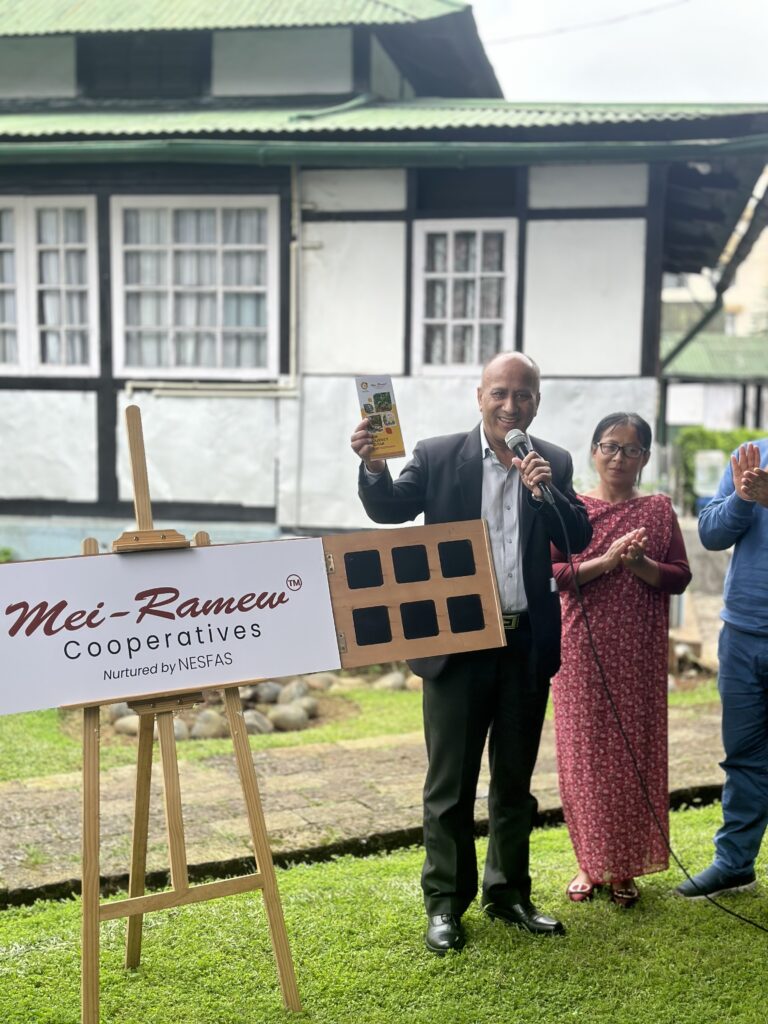
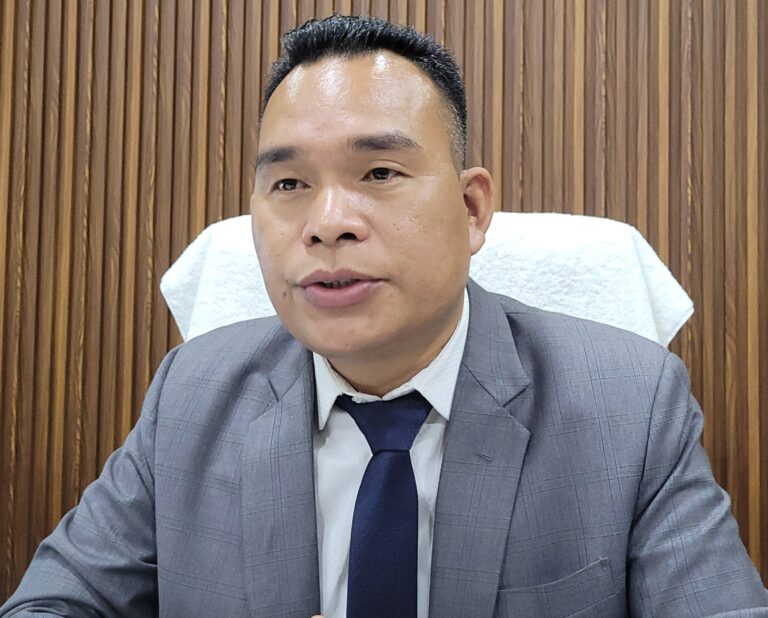
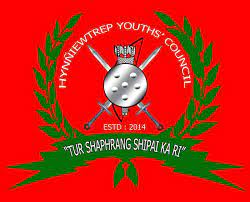

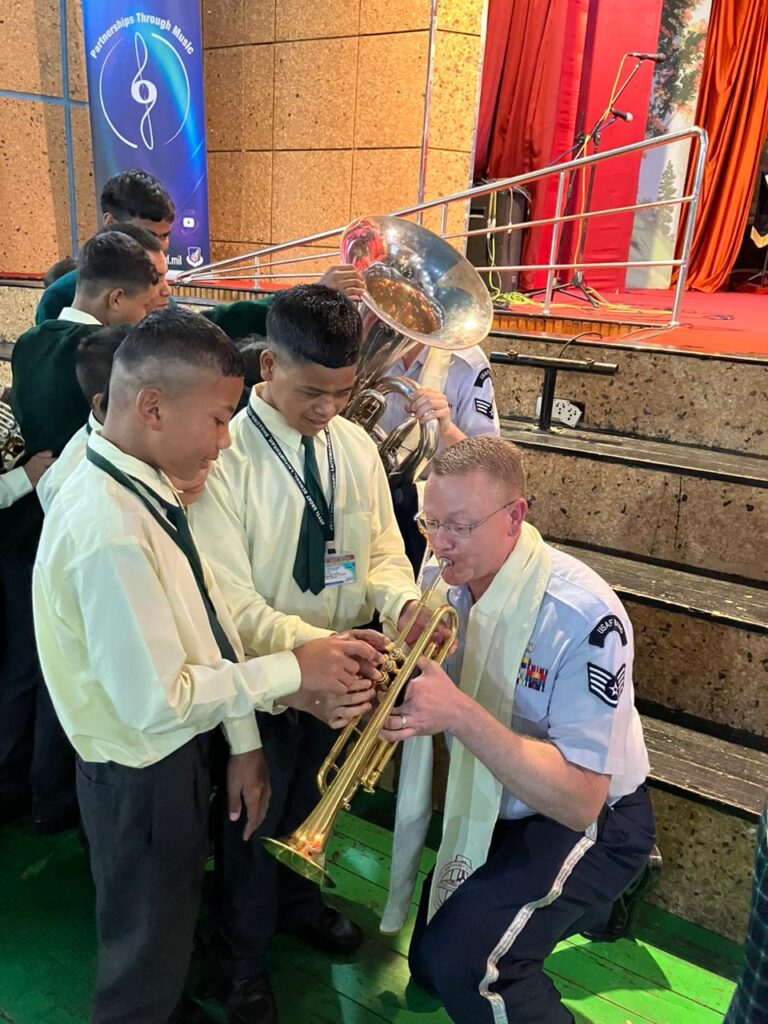
+ There are no comments
Add yours